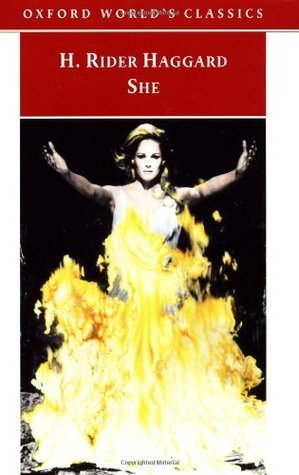What do you think?
Rate this book


317 pages, Paperback
First published January 1, 1887

In a very little while…the boy became the favourite of the whole College… in whose favour all rules were relaxed. The offerings made at his shrine were without number, and thereon I had a serious difference of opinion with one old resident Fellow… who was supposed to be the crustiest man in the University, and to abhor the sight of a child. And yet I discovered, when a frequently recurring fit of sickness had forced Job to keep a strict look-out, that the unprincipled old man was in the habit of enticing the boy to his rooms and there feeding him unlimited quantities of “brandy-balls” and of making him promise to say nothing about it.Woooooooooahh doggy. Let me get this straight. Old man luring small boy to his room and plying him with alcohol and sugar and making him promise not to tell the other grown ups. This had a very “to catch a predator” vibe to me and did a thorough test of my gag reflex. Sorry, but I needed to share that because it stuck in my head for the rest of the story.



সামান্য ফাঁক হলো পর্দা । তারপর হঠাৎ সেটার আড়াল থেকে বেড়িয়ে এলো সুন্দর সুগোল একটা শাদা হাত । তুষারের মতো শাদা । আঙুলগুলো লম্বা, ক্রমে সরু হয়ে এসেছে ��গার দিকে, শেষ হয়েছে গোলাপী নখ দিয়ে। আলতো করে পর্দার প্রান্ত ধরলো হাতটা । সামান্য টেনে আনলো এক পাশে । তারপরই একটা কণ্ঠ স্বর শুনতে পেলাম,'বিদেশী !'
মনে হলো এমন কোমল মিষ্টি কণ্ঠ আর কখনো শুনি নি আমি । ঝরনার মৃদু কল্লোলের কথা মনে পরে গেল আমার ।


